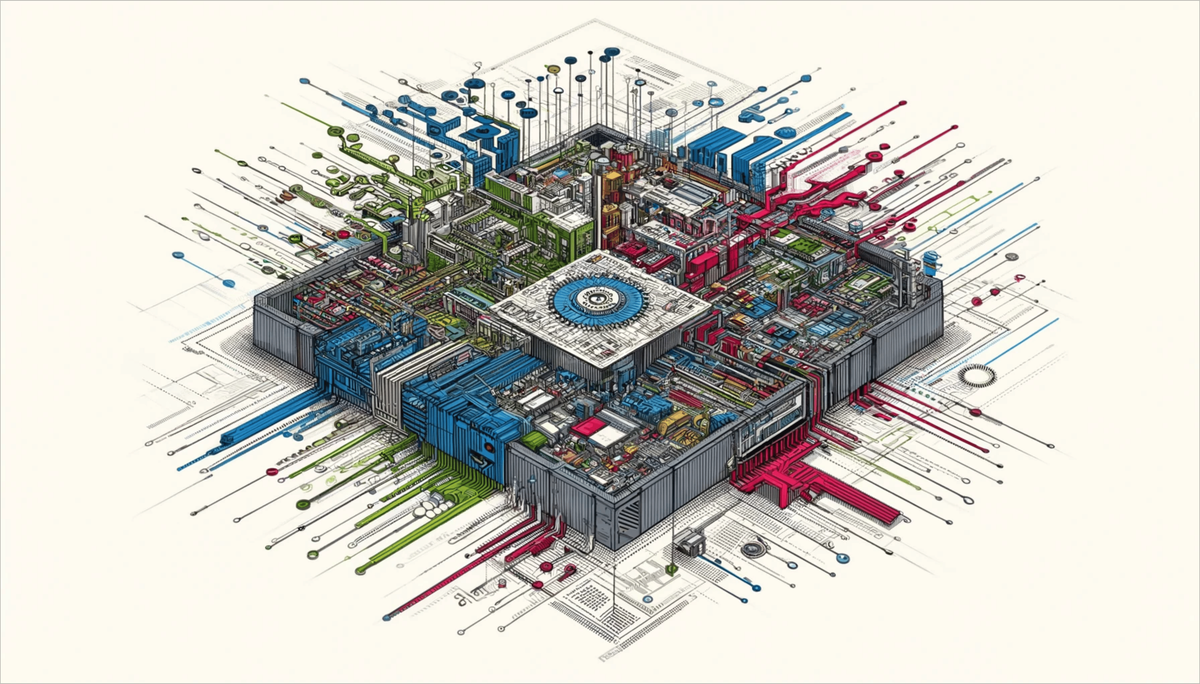On Operating System Principles & Fundamentals vs iPadOS Limitations & Wishes
Be more knowledgeable when you wish for something that applies to iPadOS these days.

Today, I would gladly argue with anyone that some Apple tech pundits wishing for iPadOS to be less limited and more flexible should spend some time learning operating system principles and fundamentals. As a matter of fact, I would point out that many of the things mentioned in Federico Viticci’s rather good article are based on a lack of knowledge of operating system fundamentals.
It’s a common misconception to assume that the iPad Pro, with its identical CPU and system memory to the Mac, should have the same or similar capabilities at the user interface level. However, it’s crucial to recognize that while iPadOS is built on the same foundation as macOS, just like iOS is, it operates on fundamentally distinct runtime parameters, each with its unique features and capabilities. One such unique feature is the way iPadOS manages background tasks, a design choice that may not be universally popular but is a testament to the distinctiveness of iPadOS.
When people learn more about operating systems, more specifically about resource management, process and thread scheduling, portability, I/O and memory management, they might better understand why iPadOS is less powerful than macOS. It’s not a limitation in hardware, for obvious reasons; it’s a technical decision that Apple made a long time ago and lacks the desire and resources to revisit. While we wait for Apple to do just that, Apple is trying to ease some pain while creating others for power users of the famous tablet. Some like it, others don’t.
Over the years, as the iPad became more powerful, it’s understandable that comparisons and hopes for a more robust iPadOS rose. However, it’s essential to acknowledge that iPadOS is what it is: it operates on a different set of runtime premises, and decisions made before 2010 dictate what is allowed at the user interface level. Without a transplant of macOS into iPadOS, significant changes are unlikely. It’s valid to feel a sense of limitation, but it’s also important to understand the reasons behind them.
And you know what? I’m pretty much okay with the iPad metaphor for general computing devices as it is.
Disclaimer: I have a master’s degree in computer sciences, and I’m an avid user of the Mac (since 1984), the iPad (since 2010) and the iPhone (since 2009).



